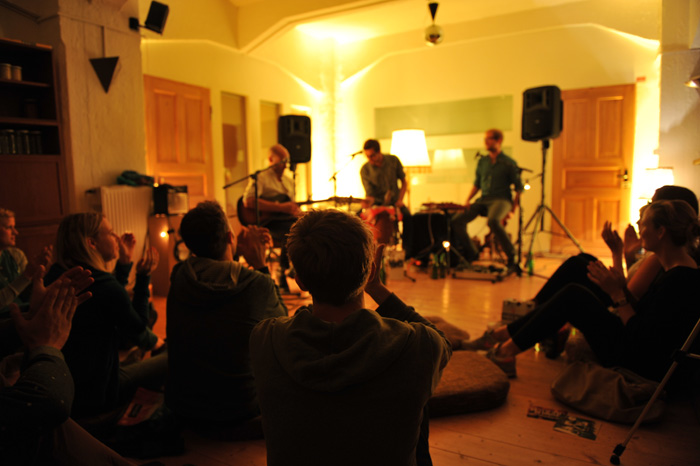Rethinking Lifestyle
Surge Capacity – Who Should Pay For It?

I recall hearing about surge capacity several years ago for the first time. Flu season was approaching. The concern, then, was that our hospitals might not have the surge capacity to handle all the flu cases, were the flu season to develop as some feared.
Let’s think about this. If our goal in operating a hospital or a health system is to operate it as lean as possible, there can be little room for surge capacity. This follows logically from neo-liberal economic thinking (the dominant economic thinking of our age). The two values are at odds – leanness and surge capacity. There is, inevitably, a cost to maintaining surge capacity.
According to the World Atlas Japan has 13.4 hospital beds per 100,000 population. Canada is 2.7 per 100,000 population. I am not sufficiently familiar with hospital practice in either country to understand this discrepancy, but it seems fairly obvious to me that the two systems will respond very differently to a hospitalization surge caused by a pandemic. The Japanese hospitalization system has a surge capacity that the Canadian one could not have.
Does this mean that in normal times many beds are empty and hospital staff is underemployed. Not likely. That’s not how we humans do things. Again, I have insufficient knowledge of the Japanese system to know, but I speculate they have found other way of using the beds and assigning tasks to medical personnel. No matter what, this costs money, and it seems the Japanese taxpayers are OK with that.
They don’t attach the same priority to leanness in the system that Canadians seem to. Is it that they are less willing to accept risk?
Let’s apply this thinking to the hospitality and arts sectors that seem to suffering the most during our current pandemic? I think we would all agree that it is the hospitality sector (restaurants, coffee shops, hotels) and the entertainment sector (arts and sports) that give a community, any community, much of its character. True, the lock-down has taught us that we are able to survive remarkable well without any of that, but it has also taught us that it is exactly these sectors that give meaning to life.
It could be suggested, that through the lock-down we are cutting down on excessive capacity in these sectors – that we are becoming more lean – and we are. But is that what we want? If we take that approach, we will emerge from the lock-down with a very meager hospitality and entertainment sector. Our communities will have lost much of their character.
So who should bear the cost of maintaining this capacity to offer hospitality and entertainment, even while the lock-down will not allow them to deliver – will not allow them to expect reimbursement for the services they offer? Should it be the waitresses, the musicians, the small businesses or the athletes? I don’t think so.
Ideally, the restaurant patron who wants the restaurant to be open after the lock-down should be offering the restaurateur and waitress something to sustain them during the lock-down. Ideally the concert goer should be paying some support to the musicians during this time. Etc.
We know that won’t happen. It’s government support that will keep them afloat. We should be thankful it’s there. Neo-liberal economics does not help us here.




